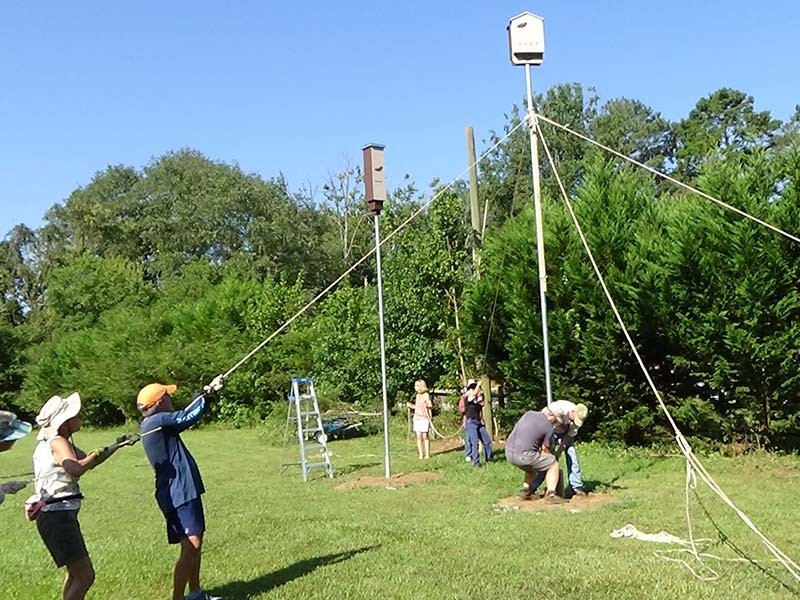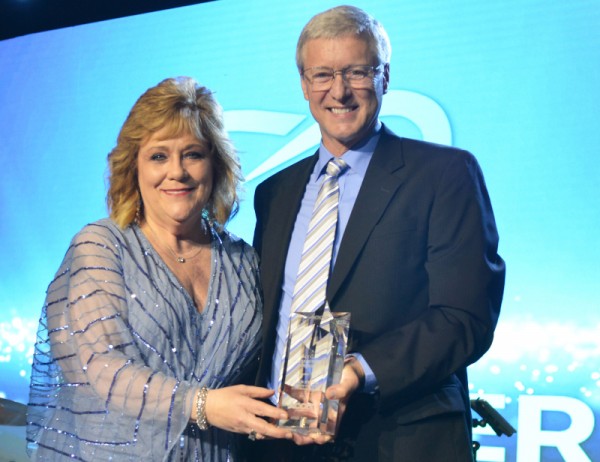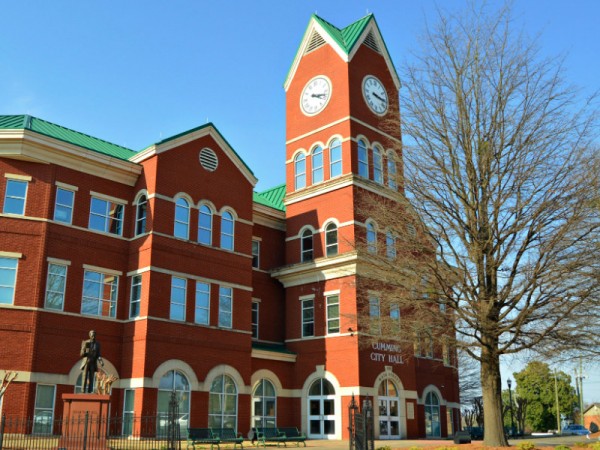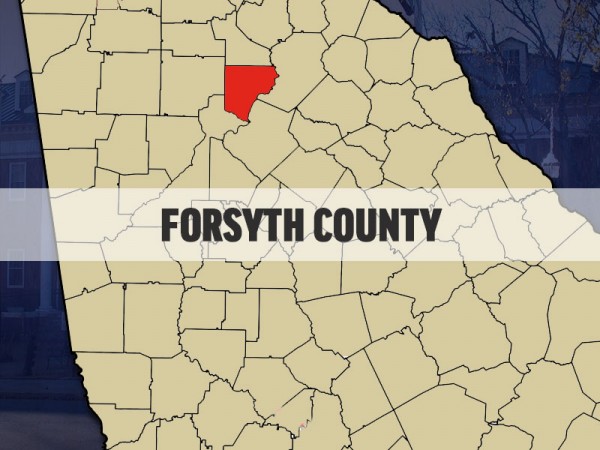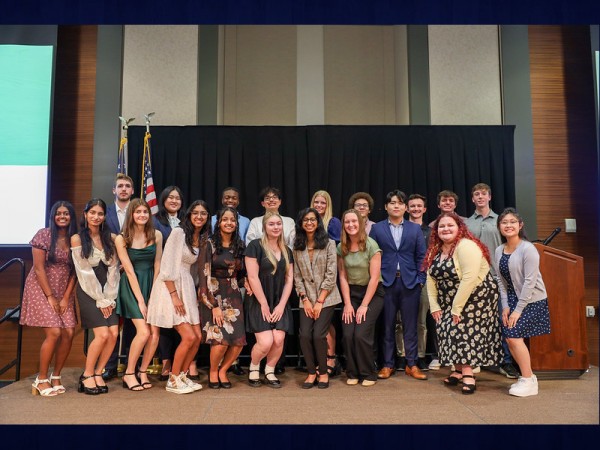The Forsyth County Master Naturalists have installed three bat houses at the Buford Trout Hatchery in Cumming.
Jeannie Glisson-Davis, president of the Forsyth County Master Naturalists, said each of the three houses serve a purpose.
“One is painted a light color and one is painted a dark color…when it’s too hot in the summer, they can move to the cooler, lighter bat house. When it’s too cold in the winter, they can move to the darker one that will be lighter,” said Glisson-Davis. “We’ve also built a third bat house on a separate pole…that’s called a rocket bat house. It’s larger and it provides more space for the female bats when they are nursing their pups.”
According to Glisson-Davis, several bat species that reside in Georgia are on the decline, which provided even more reason for the Master Naturalists to install the houses.
These bat houses are part of the Benefits of Bats community education and research project, according to Heather Kolich, County Extension Coordinator with UGA Extension Forsyth County. Benefits of Bats is funded by the University of Georgia Center for Urban Agriculture.
While many people associate bats with Halloween, scary movies, or disease, Glisson-Davis said bats provide several benefits to humans.
For one, bats eat pesky mosquitos that often plague humans and animals alike during Southern summers.
Glisson-Davis said the Buford Trout Hatchery was having an issue with mosquitos, which led to the decision to place the bat houses at the hatchery.
“Mosquitos discover those trout ponds quickly, and the visitors as well as the workers there were having trouble getting bit by the mosquitos,” she said. “They asked us if we could install the bat houses and attract more bats so that they will eat the mosquitos.”
The Forsyth County Master Naturalists installed the bat houses earlier this month.
In addition to eating mosquitos, bats also eat other insects that can harm crops.
Glisson-Davis said the potential negative impact the decline of bats in Georgia can have on the state’s agriculture is one of several reasons bat houses are important to have in the community.
“It’s important for us to give them habitats to encourage them to make new colonies and to multiply since they only have one or two pups a year,” she said.
Glisson-Davis explained that the houses installed at the Buford Trout Hatchery are a starting point for potential outreach and educational programs in the future.
While the hatchery is currently closed to the public, Glisson-Davis said the Master Naturalists plan to invite the public out to observe the bats once it reopens.
“We will be inviting the public to do walk and talks where we'll be sharing important information on the bat as well as how to build a bat friendly habitat in their own residence for property,” said Glisson-Davis. “We also have a kiosk at the hatchery that was built originally by the Boy Scouts 12 years ago, and we have refurbished it…the kiosk is real close to the bat houses. And you can read information on the kiosk, why the bats are important.”
No bats in the boxes yet, but Kolich said the houses are being monitored regularly by the extension office.
The Forsyth County Master Naturalists volunteer for the University of Georgia Cooperative Extension in Forsyth County. Qualifications include that Georgia Master Naturalists must complete roughly 50 hours of training through UGA county Extension to earn their certificate.


